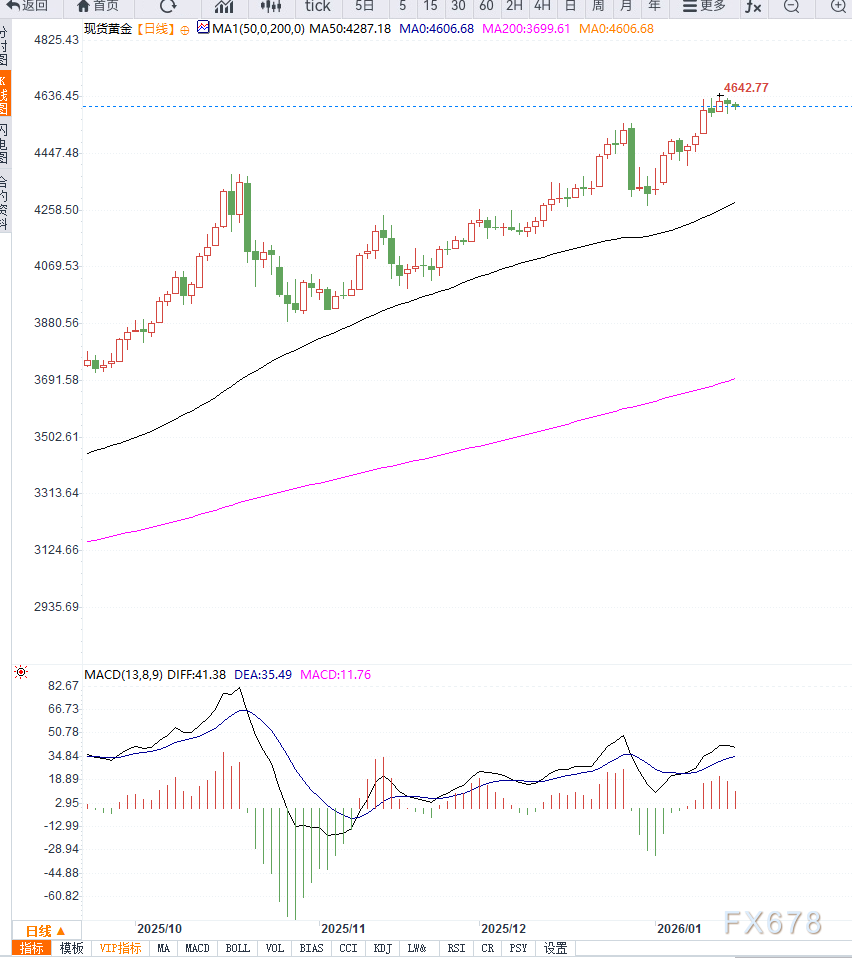Solana's Alpenglow Upgrade: A Paradigm Shift in Blockchain Performance and Investment Potential
- Solana's Alpenglow upgrade introduces Votor, slashing block finality to 100-150ms and boosting TPS to 107,540. - Economic reforms include a 1.6 SOL Validator Admission Ticket, sparking centralization debates as smaller validators face challenges. - Institutional partnerships and DeFi growth ($8.6B TVL) highlight Solana's appeal, but risks like validator accessibility and centralization remain critical concerns.
Solana’s Alpenglow upgrade (SIMD-0326) represents a seismic shift in blockchain infrastructure, poised to redefine the boundaries of speed, scalability, and institutional adoption. As the network’s validator community votes on this consensus overhaul, the stakes are clear: a successful implementation could cement Solana’s dominance in high-speed blockchain applications, while risks like centralization pressures and validator accessibility must be carefully weighed.
The Alpenglow Revolution: Speed, Scalability, and Finality
At the heart of Alpenglow is a radical reimagining of Solana’s consensus mechanism. The upgrade replaces the existing Proof-of-History (PoH) and TowerBFT systems with a direct-vote finality engine called Votor, slashing block finality from 12.8 seconds to 100–150 milliseconds [1]. This leap in performance is not just incremental—it’s a structural repositioning of Solana as a competitor to traditional financial systems like Visa and Nasdaq [2]. For DeFi, this means near-instant transaction confirmations, drastically reducing slippage for traders and enabling real-time arbitrage strategies [3].
A key innovation is off-chain vote aggregation, which reduces on-chain bandwidth consumption by collecting validator votes off-chain before finalizing them on-chain [1]. This not only lowers network congestion but also enhances scalability, allowing Solana to process 107,540 transactions per second (TPS)—a stark contrast to Ethereum’s 15–45 TPS [4]. Coupled with a 20% block size increase in July 2025, these changes have driven throughput gains of 15–20% while slashing gas fees [4].
Economic reforms further bolster the upgrade’s appeal. The introduction of a Validator Admission Ticket (VAT) of 1.6 SOL per epoch replaces on-chain voting fees, simplifying validator incentives while maintaining economic continuity [1]. This fixed cost model aims to streamline network security but has sparked debates over centralization risks, as smaller validators may struggle to compete with larger operators [5].
Institutional Adoption and DeFi’s New Frontier
The implications for institutional adoption are profound. Solana’s “20+20” resilience model ensures the network remains operational even if 20% of validators are adversarial and another 20% are offline [1]. This enterprise-grade security, combined with sub-$0.0003 transaction fees, has attracted partnerships with entities like BlackRock and SpaceX, positioning Solana as a bridge between blockchain and traditional finance [4].
DeFi’s Total Value Locked (TVL) on Solana surged to $8.6 billion in Q2 2025, driven by protocols like Raydium and Kamino [4]. The network’s real-world asset (RWA) sector has grown 150% to $418 million, with corporate treasuries holding $1.72 billion in SOL-based assets [4]. These figures underscore Solana’s ability to attract both retail and institutional capital, particularly as platforms like Robinhood and Upexi integrate its infrastructure for micro-futures and treasury allocations [6].
Risks and Centralization Concerns
Despite its promise, Alpenglow is not without pitfalls. The fixed VAT model could create barriers for smaller validators, potentially concentrating power among a few large operators [5]. This centralization risk is compounded by the fact that validator costs have dropped 98% to $1,000/year, a deflationary incentive that may attract more validators but could also lead to a race to the bottom in terms of operational quality [7].
Moreover, the upgrade’s reliance on a “20+20” fault tolerance model raises questions about its real-world effectiveness. While theoretically robust, the model has yet to be stress-tested under adversarial conditions. Critics argue that such a high threshold for network resilience could mask vulnerabilities in the protocol’s design [5].
The Investment Case: Rewards vs. Risks
For investors, the Alpenglow upgrade presents a compelling case. Solana’s ability to balance speed, scalability, and low fees addresses a long-standing trilemma in blockchain design, making it an attractive infrastructure for high-frequency trading and on-chain settlements [6]. Analysts project the network could process 100 million daily transactions by year-end, a threshold that would solidify its status as a top-tier Layer-1 competitor [7].
However, the centralization risks and validator accessibility issues cannot be ignored. A fragmented validator ecosystem could undermine Solana’s decentralization ethos, deterring risk-averse institutional investors. The success of Alpenglow will hinge on whether the network can maintain its decentralized identity while scaling to enterprise-grade performance.
Conclusion
Solana’s Alpenglow upgrade is a bold redefinition of blockchain performance, with the potential to disrupt both DeFi and traditional finance. While the technical advancements are groundbreaking, investors must remain vigilant about centralization risks and validator dynamics. If executed successfully, Alpenglow could position Solana as the go-to infrastructure for high-speed, low-cost transactions—a vision that aligns with the growing demand for Web3 solutions in a Web2-dominated world.
Source:
[1] Alpenglow Vote Could Redefine Solana's Protocol
[2] Solana's Alpenglow Upgrade: A Catalyst for Institutional Adoption and DeFi Growth
[3] Solana's Alpenglow Upgrade and Its Implications for DeFi
[4] Solana H1 2025 Report: DeFi, RWAs & Inst. Growth
[5] Alpenglow Vote Could Redefine Solana's Protocol
[6] Solana’s $500 Billion Aspiration: A Convergence of Speed, Utility, and Institutional Adoption
[7] Alpenglow: Solana’s Largest Protocol Upgrade Ever
Disclaimer: The content of this article solely reflects the author's opinion and does not represent the platform in any capacity. This article is not intended to serve as a reference for making investment decisions.
You may also like
Citigroup: TSMC's Advanced Process Chip Supply May Remain Tight
Silver Price Outlook: XAG/USD surge stalls after US rejects tariffs on key minerals
BP Highlights Multi-Billion-Dollar Transition Write-Downs as Net Debt Declines in Fourth Quarter
